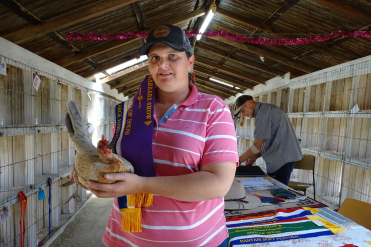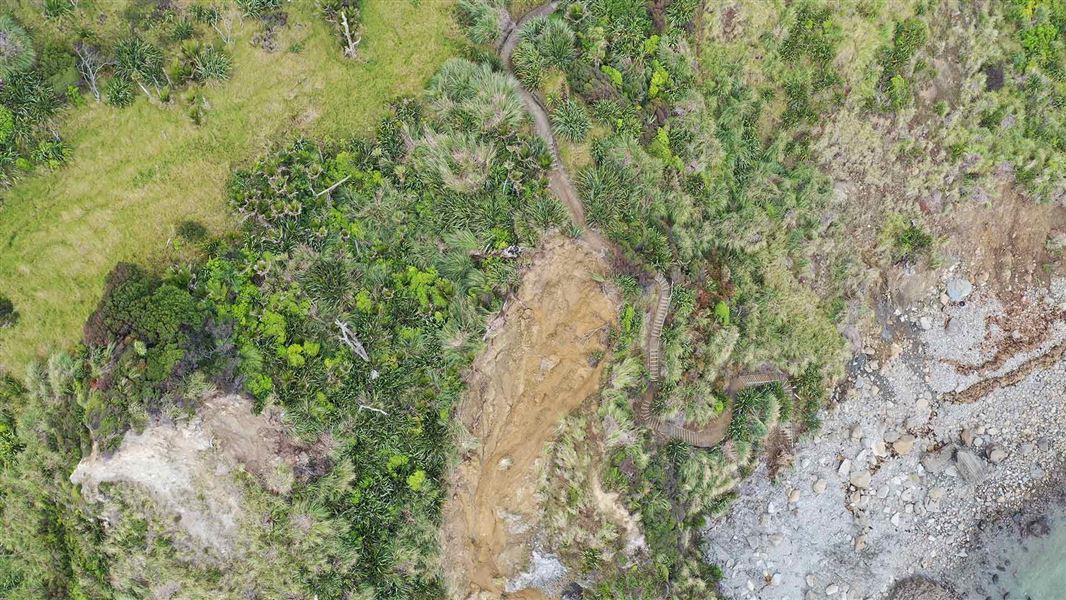Detecting and monitoring cancer through a simple finger prick blood test is the goal of a joint project between Swinburne and industry partner Universal Biosensors (UBI).
Using UBI’s electrochemical platform, Swinburne researchers have been working to develop a biosensor for the Tn antigen, a biomarker used for detecting, staging and monitoring cancer.
“The Tn antigen is a universal cancer biomarker because this molecule is present in more than 80 per cent of carcinomas,” says Swinburne’s Dr Saimon Moraes Silva. “You don’t see this molecule in healthy people.”
Dr Moraes Silva has been working on this project for three years under the supervision of Professor Simon Moulton from Swinburne’s School of Science, Computing and Engineering Technologies and Iverson Health Innovation Research Institute.
“The Tn technology has been developed through ARC Discovery grant funding and we are very excited to be working with UBI to translate this research into a commercial product that will have significant impact for cancer patients,” says Professor Moulton.
Swinburne has partnered with UBI to develop this technology, which is a handheld electrochemical device, similar to the glucose meters used by diabetics.
“We have developed a surface chemistry based on a molecule called lubricin,” says Dr Moraes Silva.
“Our device would only require a very tiny amount of blood – less than 20 microlitres. There is no need for sample preparation and you get an on the spot result.”
Ideally, he says, the devices could be used by GPs and oncologists to routinely test their cancer patients in remission.
Low limit of detection
Another advantage of this device is its extremely low limit of detection. “We can detect very low concentrations of the Tn antigen, in the range of 10-12 picomolar, which is a very low concentration,” Dr Moraes Silva says.
“We think there is the potential to also use it for early diagnosis because it could detect this Tn antigen even before a tumour starts to develop.”
Clinical testing on patients in Melbourne and in Europe are about to start and it is hoped the product can be brought to market within the next five years.
“To be able to identify and measure, then monitor the rate of a healthy human cell becoming a cancer cell from a handheld point-of-care biosensor device is an exciting prospect for UBI,” says CEO of UBI, John Sharman.
“It would be wonderful if this initiative could improve the lives of many of the 80 million carcinoma remission patients around the world.”
Swinburne and Deakin Institute of Frontier Materials will also work with UBI to fast-track the development of other biosensors, using UBI’s electrochemical platform technology.
Universal Biosensors was a pioneer in blood glucose meters. Founded in 2001, UBI, specialises in the design and development of electrochemical cells (strips) used in conjunction with point of use devices that are used in various industries such as healthcare point of care, food and beverage and agriculture.






